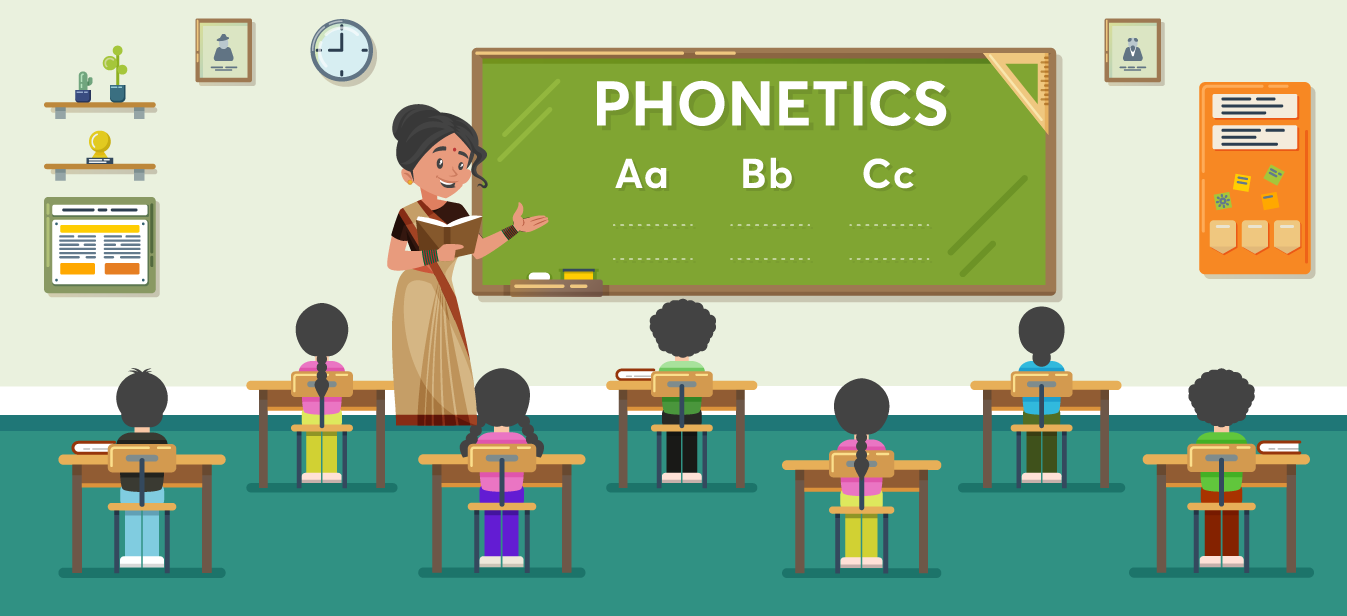As the world continues to grapple with the impact of COVID-19 pandemic, one of the most significant challenges facing educators is the issue of learning loss among children. With schools closed and online learning becoming the norm, children have experienced disruptions in their education, leading to a significant loss of academic progress and skills. This issue has become a primary concern for parents and educators as it can have long-term consequences for children’s academic and professional development.
🔤 Learning Loss in India
In rural areas, learning loss has a more pronounced impact than in urban areas due to the scarcity of resources. This issue is exacerbated by low literacy rates and lack of school staff, which affects students’ psychological and social-emotional well-being beyond their academic outcomes.
Reports indicate a decrease in students’ reading comprehension and mathematical proficiency, which are fundamental skills that can impact their understanding beyond the subject area where the deficit occurred. Surveys show that nearly half of the children in rural India are struggling to read even a few words, which underscores the critical unmet needs of these children. Fortunately, several strategies can be used to combat learning loss, and one of these is the use of phonetics.
🔤 Use of Phonetics
Phonetics is the study of the sounds of human speech. It is an essential tool in teaching children how to read and write. By breaking down words into their constituent phonemes, phonetics helps children understand the relationship between letters and sounds, facilitating more effective reading and writing. This method can be beneficial for children struggling with literacy, such as those with dyslexia.
Phonetics offers a systematic approach towards learning how to read and write, allowing children to focus on the sounds of words rather than relying solely on memorization. Furthermore, educators can use phonetics to identify areas where students may be struggling and provide targeted instruction to help them overcome those challenges. Following are some ways phonetics can help address the learning loss among children:
🔤 Phonics Instruction
Phonics instruction involves breaking down words into their component sounds, or phonemes, and teaching children to recognize and produce these sounds. Starting with the simplest sounds and building up to more complex ones, phonics instruction helps children understand the relationship between letters and sounds.
For example, a phonics lesson might focus on the sound of the letter “m.” First, children would learn to recognize the sound of “m” and associate it with the written letter. They would then practice sounding out words that contain the letter such as “man,” “mom,” or “ham.” This process helps children to decode words more easily and understand how letters and sounds work together to form words.
Phonics instruction is particularly beneficial for children struggling with reading skills, as it helps them catch up with their peers and progress in their reading abilities.
🔤 Speech Therapy
Children with phonological awareness difficulties may struggle with recognizing and manipulating the sounds of language, which can significantly impact their reading and writing abilities. Speech therapy is an effective method that utilizes phonetics principles to help children with speech and language disorders. It provides children with a structured approach to learning the building blocks of language, starting from basic sounds and progressing to complex words.
It also enhances children’s communication skills by improving their pronunciation and articulation. As a result, children can overcome speech disorders such as stuttering, voice disorders, and language delays.
🔤 Rhyming Games & Activities
Rhyming games are an enjoyable way to help children develop their phonological awareness by matching words with the same ending sound. These games effectively teach children how to recognize and manipulate the sounds, which can improve their reading and writing abilities.
For example, children can be asked to match words like “cat” and “bat” or “house” and “mouse.” By incorporating these games into their learning, children can improve their literacy skills while having fun at the same time. These activities can be used in both classroom and at-home settings, making it a convenient and effective way to combat learning loss.
🔤 The Final Word
The first five years of a child’s life are crucial for promoting language development, which is a key component of academic, social, and emotional growth. Neglecting to provide adequate stimulation during this period may lead to communication disorders and learning disabilities that can have long-lasting effects on a child’s development. By prioritizing phonetics in education, we can help ensure that every child has the foundational skills they need to succeed in life.
Our comprehensive programs offer support to all stakeholders of the Indian Education System, including educators, students, Anganwadi workers, and the Government. Our approach utilizes technology and data to develop models of intervention that are both scalable and replicable.
By doing so, we aim to assist each stakeholder in achieving their learning and developmental objectives. Square Panda India is dedicated to creating sustainable and lasting change to address the most pressing challenges faced by the education sector in India. To learn more about our initiatives and how we are making a difference in the education landscape, click here.

